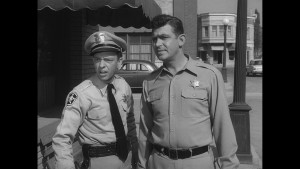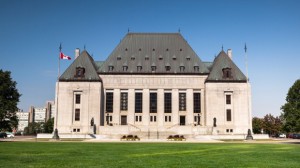 Physician assisted suicide (PAS) is fundamentally confused. Other societies throughout history have supported physician assisted suicide, euthanasia, abortion, infanticide and much more. That does not mean Canada should. We might consider the following irreconcilable issues:
Physician assisted suicide (PAS) is fundamentally confused. Other societies throughout history have supported physician assisted suicide, euthanasia, abortion, infanticide and much more. That does not mean Canada should. We might consider the following irreconcilable issues:
1. Doctors spend massive amounts of time and energy convincing patients to not kill themselves. It is materially impossible to differentiate nihilism from depression from hopelessness. The Dying-With-Dignity crowd promotes a false image of the typical patient requesting PAS: idealistic, articulate, and simply looking for relief when faced with the prospect of death.
2. Physicians take the Hippocratic Oath. They do it for two reasons. First, they want patients to know what they stand for, to offer patients a standard of accountability. But more importantly, the oath rests on the presupposition that moral neutrality does not exist. No one can pretend to stand as an objective oracle of medical wisdom devoid of cultural interpretation and nuance.
3. Assisted suicide can fail or not go far enough. Assisted suicide necessitates laws to support euthanasia so physicians can intervene to complete the suicide for patients left near dead from their attempt. Is that what society wants?
4. The rhetoric supporting PAS sounds exactly like abortion. Initially, abortion required special outstanding circumstances, second opinions and was supposed to happen rarely. Now, abortion is routine, uncomplicated and no reason seems slight enough to get one. The Netherlands experienced the same change in frequency, approach and reasoning over the years since PAS became legal.
5. Most patients do not want suicide. By orders of magnitude, the majority wants great end of life care. Those who pretend that frail elderly patients will not feel pressured to pursue PAS in the face of huge burdens placed on their families for elder care mislead to the point of cruelty.
6. What do patients want? Do they want physicians who hold to strong moral values and will share those views graciously? Do patients want physicians who will remain a source of strength, support and encouragement when their own resources run out? Or do patients want physicians who pretend to be objective, morally neutral and blind to the issue? Do patients want a physician who can care for them even when the physician sees the world differently?
7. After the media about forcing physicians to provide or refer for any and all publicly funded services, what protection do we expect for physicians’ own human rights? The College of Physicians and Surgeons has already taken direction from the Toronto Star to consider forcing physicians to act against their moral judgment.
As the libertarians, individualists and death-with-dignity celebrations die down, I hope Canadians will consider the consequences of legalizing physician assisted suicide. Let your MPP know what you think.


